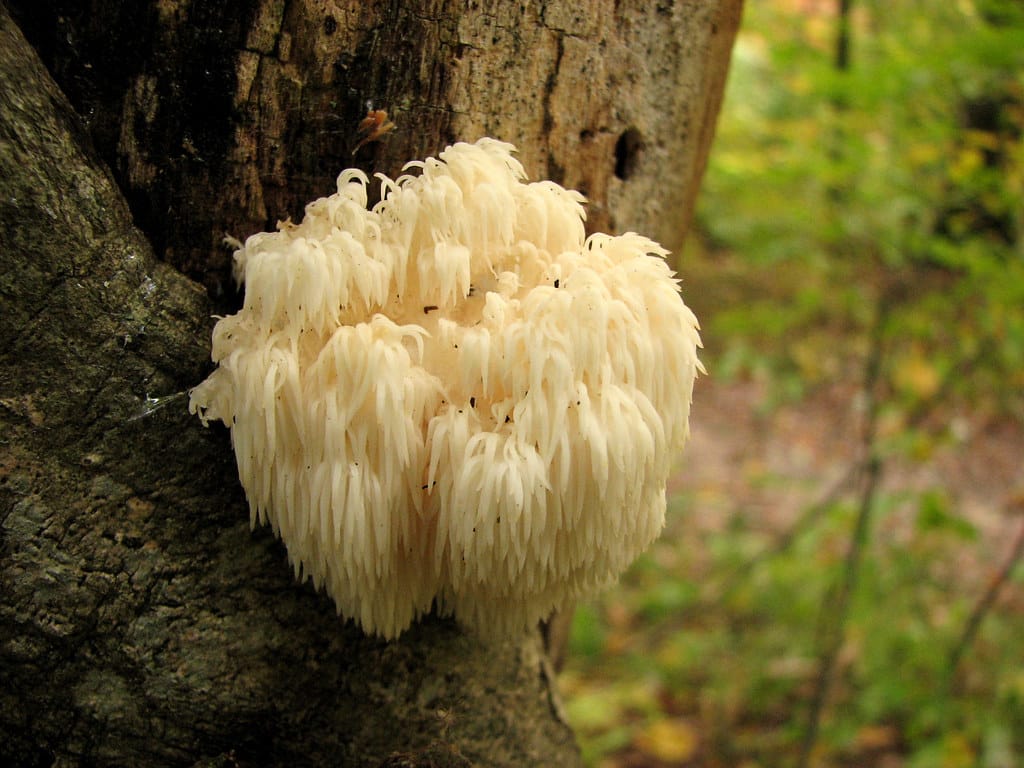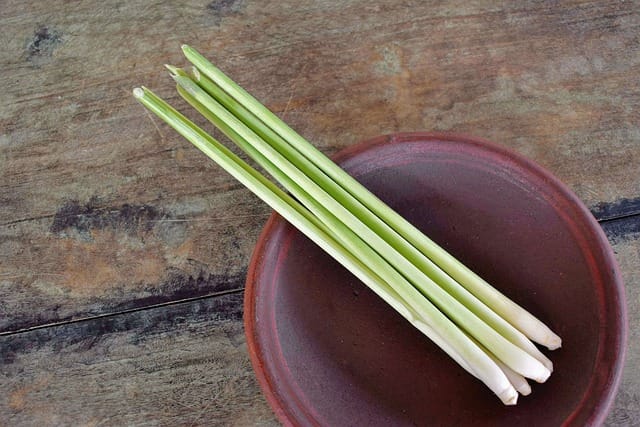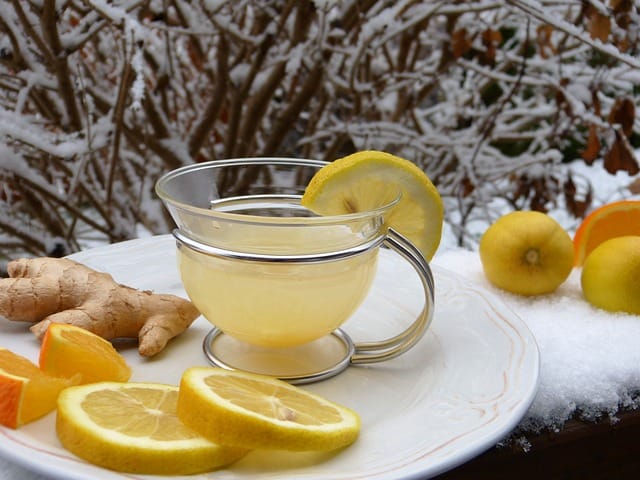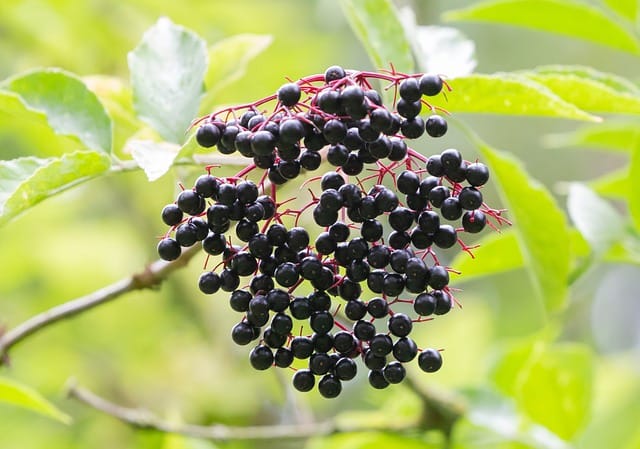Drinking ginger and lemon together can be perfect for you! Here’s why:
1. Boosts your immune system: Both contain vitamin C and antioxidants.
2. Helps digestion: This can ease stomach aches and help you digest food better.
3. Might help you lose weight: Some say it speeds up metabolism.
4. Could lower inflammation: Both ingredients fight inflammation in your body.
5. Detoxifies: Helps clean out your system.
6. Improves skin health: The vitamins are good for your skin.
7. Eases nausea: Great for motion sickness or morning sickness.
8. Hydrates you: Tasty way to drink more water.
9. Natural energy boost: Gives you pep without caffeine.
10. Soothe sore throats: A warm drink can make your throat feel better.
It’s a simple, natural drink that can make you feel good. Just mix ginger, lemon, and hot water. Easy and healthy!






